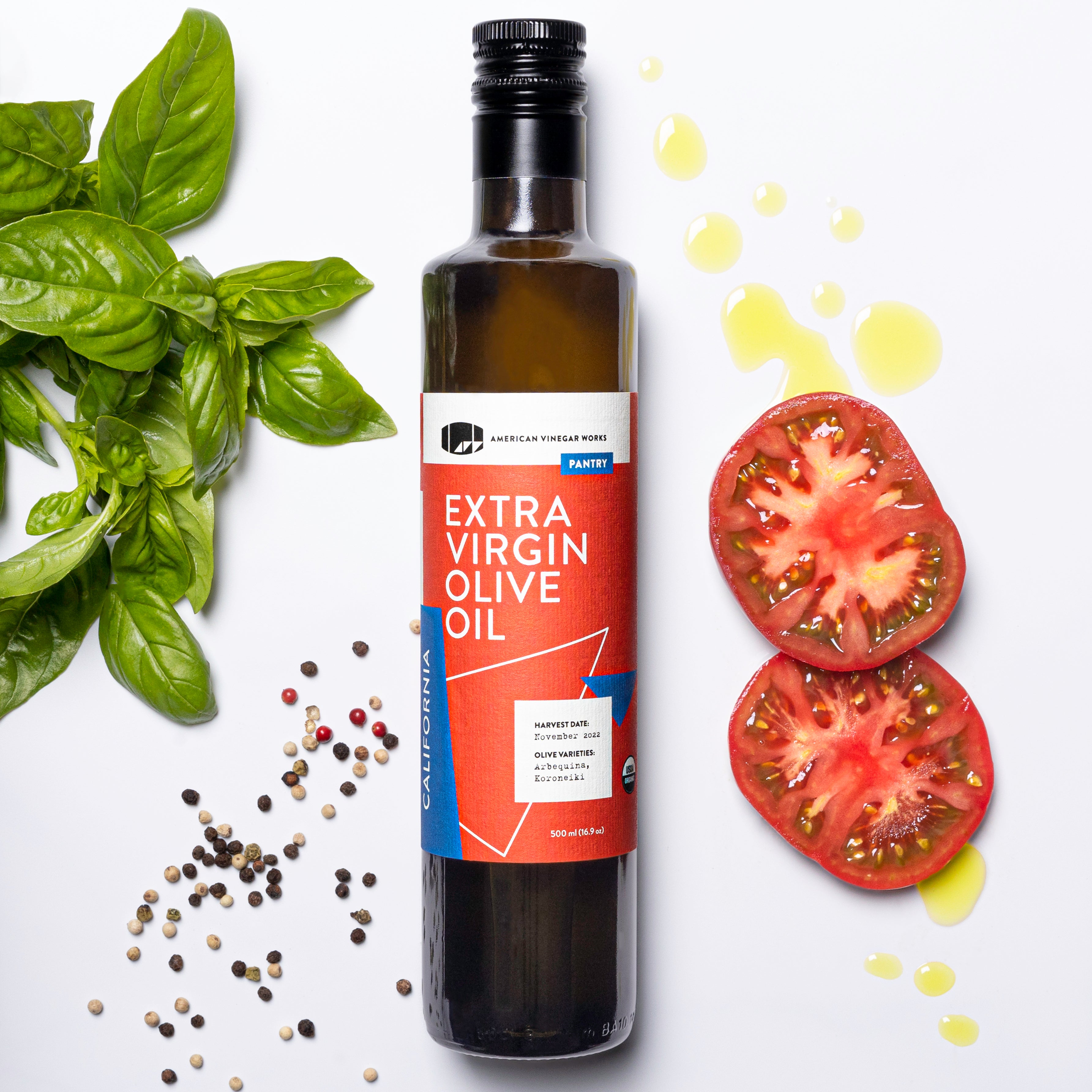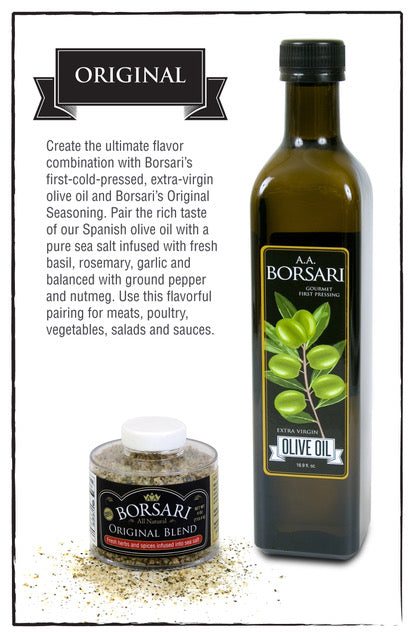Extra Virgin Olive Oil Benefits: The Natural Anti-aging Solution You've Been Searching For
Extra Virgin Olive Oil Benefits: The Natural Anti-aging Solution You've Been Searching For
Blog Article
Discovering the Various Kinds Of Olive Oil and Their Usages, Including Additional Virgin Olive Oil
The expedition of olive oil encompasses a diverse array of kinds, each offering cooking applications and unique tastes. Extra virgin olive oil, renowned for its premium high quality and health and wellness advantages, serves as a staple in numerous kitchen areas, yet it is just one aspect of this diverse active ingredient.
What Is Olive Oil?
Originated from the fruit of the olive tree, olive oil is a staple in Mediterranean cuisine and a vital active ingredient in various cooking applications. This functional oil is created by pressing whole olives, resulting in a liquid that differs in scent, taste, and color depending on the type of olives utilized, the area of cultivation, and the extraction procedure. Olive oil is mainly made up of monounsaturated fats, especially oleic acid, which is understood for its potential wellness benefits, consisting of anti-inflammatory residential properties and cardio assistance.
Along with its cooking uses, olive oil has a long history of application in typical medicine and skincare, owing to its rich antioxidant web content (extra virgin olive oil benefits). The oil is frequently made use of in dressings, marinates, and for cooking techniques such as sautéing and roasting. Its unique taste account can enhance the taste of numerous dishes, making it a crucial ingredient for both home chefs and professional chefs
Moreover, olive oil is celebrated for its duty in the Mediterranean diet regimen, which is linked with many health benefits. As recognition of these benefits grows, olive oil remains to gain popularity worldwide as an essential component of a healthy way of life.
Kinds of Olive Oil
Understanding the various kinds of olive oil is important for both health-conscious customers and cooking fanatics. Olive oil is classified primarily based upon its removal approach and top quality, which substantially impacts its aroma, health, and taste benefits.

Light olive oil, in spite of its name, describes a lighter flavor and not lower calories. It is optimal for those looking for a much more refined preference in marinades and dressings. Additionally, there are flavorful olive oils instilled with natural herbs, flavors, or citrus, which can improve dishes without the need for extra flavoring.
Each sort of olive oil serves particular culinary functions, and recognizing these differences allows consumers to make informed options that line up with their cooking styles and health objectives.
Additional Virgin Olive Oil
Extra virgin olive oil (EVOO) is extensively considered as the best quality olive oil available, well known for its rich flavor and countless health and wellness advantages. To be classified as added virgin, the oil has to be created from fresh olives making use of mechanical procedures, without the use of solvents or excessive heat. This meticulous approach protects the oil's all-natural tastes, antioxidants, and healthy and balanced fats, resulting in an item with a low level of acidity level of much less than 0.8%.
EVOO is abundant in monounsaturated fats, particularly oleic acid, which is connected to minimized inflammation and enhanced heart health and wellness. It likewise contains polyphenols, powerful antioxidants that might provide protective effects against chronic diseases. click this site The taste account of EVOO can differ considerably depending on the olive variety and region of production, ranging from verdant and fruity to robust and sharp.

Culinary Use Olive Oil

In food preparation, olive oil can be used for sautéing, toasting, and grilling, offering a healthier choice to butter or other fats. Its high smoke point makes it suitable for different cooking methods, while its antioxidants add to a heart-healthy diet plan. Drizzling olive oil over completed dishes, such as pasta, fish, or smoked veggies, can raise flavors and include a touch of beauty.
Furthermore, olive oil plays a significant role in cooking, where it can change conventional fats in recipes for bread and breads, passing on wetness and a subtle preference. It also functions as a base for infused oils, enabling cooks to try out tastes such as garlic, herbs, or chili, additionally expanding its cooking potential. On the whole, olive oil's flexibility makes it indispensable in both home and professional kitchen areas.
Picking Quality Olive Oil
When choosing top quality olive oil, it's important to consider a number of essential variables that influence the product's wellness, scent, and taste advantages. Opt for added virgin olive oil (EVOO), which is obtained from the very first cool pushing of olives and has the highest degrees of antioxidants and advantageous substances. Try to find oils that are certified by acknowledged companies, as this frequently ensures adherence to stringent high quality standards.
The packaging also plays a considerable duty in protecting the oil's stability. Pick oils saved in dark glass containers or tins to protect versus light degradation. Pay interest to the harvest date; fresher oils offer exceptional taste and nutritional worth, so pick products that are within 18 months of their harvest.
Be conscious of the taste; a good quality olive oil should have a balance of fruity, why not look here bitter, and peppery notes, showing its splendor and intricacy. By examining these factors, you can guarantee you are choosing the ideal olive oil for your culinary requirements.
Conclusion
In summary, the exploration of numerous kinds of olive oil exposes distinct features and applications, with added virgin olive oil standing for the pinnacle of high quality because of its reduced acidity and high antioxidant material. Its versatility in cooking uses enhances tastes in dressings, marinades, and sprinkles. Recognizing the different ranges of olive oil allows for educated choices in food preparation approaches, promoting healthier techniques while enhancing the overall gastronomic experience. Quality option continues to be important for optimal advantages.
Obtained from the fruit of the olive tree, olive oil is a staple in Mediterranean food and an essential component in various culinary applications.The most usual kinds of olive oil include improved olive oil, pure olive oil, and light olive oil.Additional virgin olive oil (EVOO) is extensively related to as the highest possible quality olive oil readily available, celebrated for its rich taste and many wellness benefits. Decide for additional virgin olive oil (EVOO), which is acquired from the initial cool pushing of olives and has the greatest levels of anti-oxidants and helpful compounds.In recap, the expedition of various types of olive oil reveals distinctive features and applications, with extra virgin olive oil standing for the pinnacle of top quality due to its low level of acidity and high antioxidant web content.
Report this page